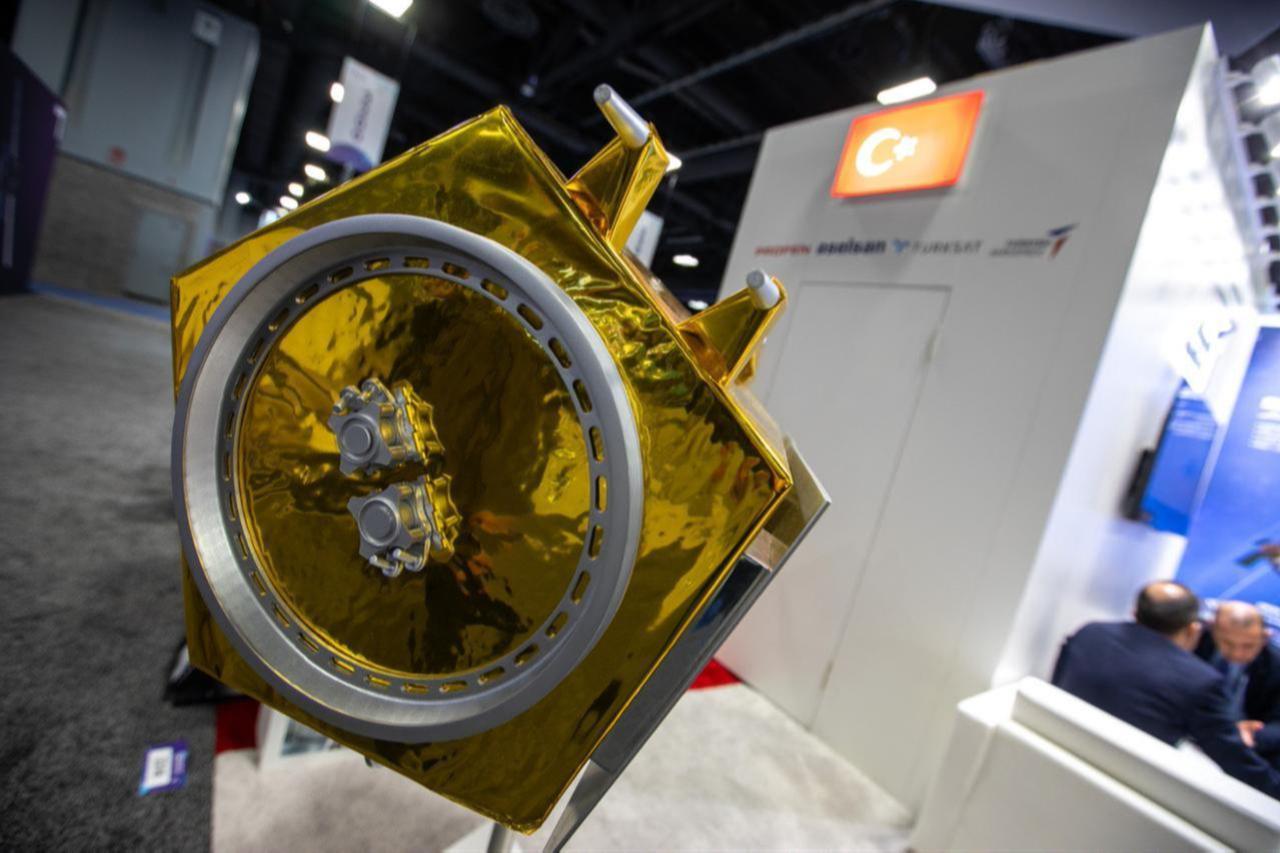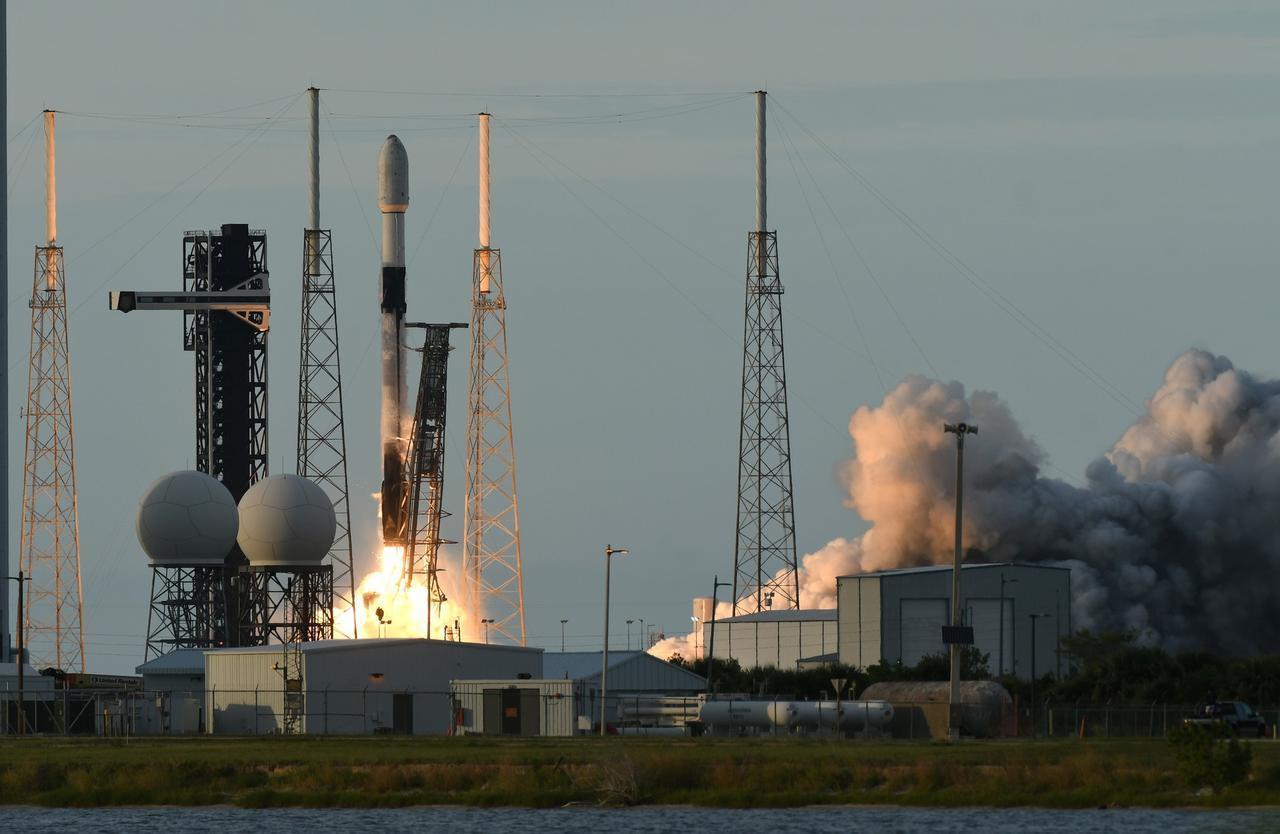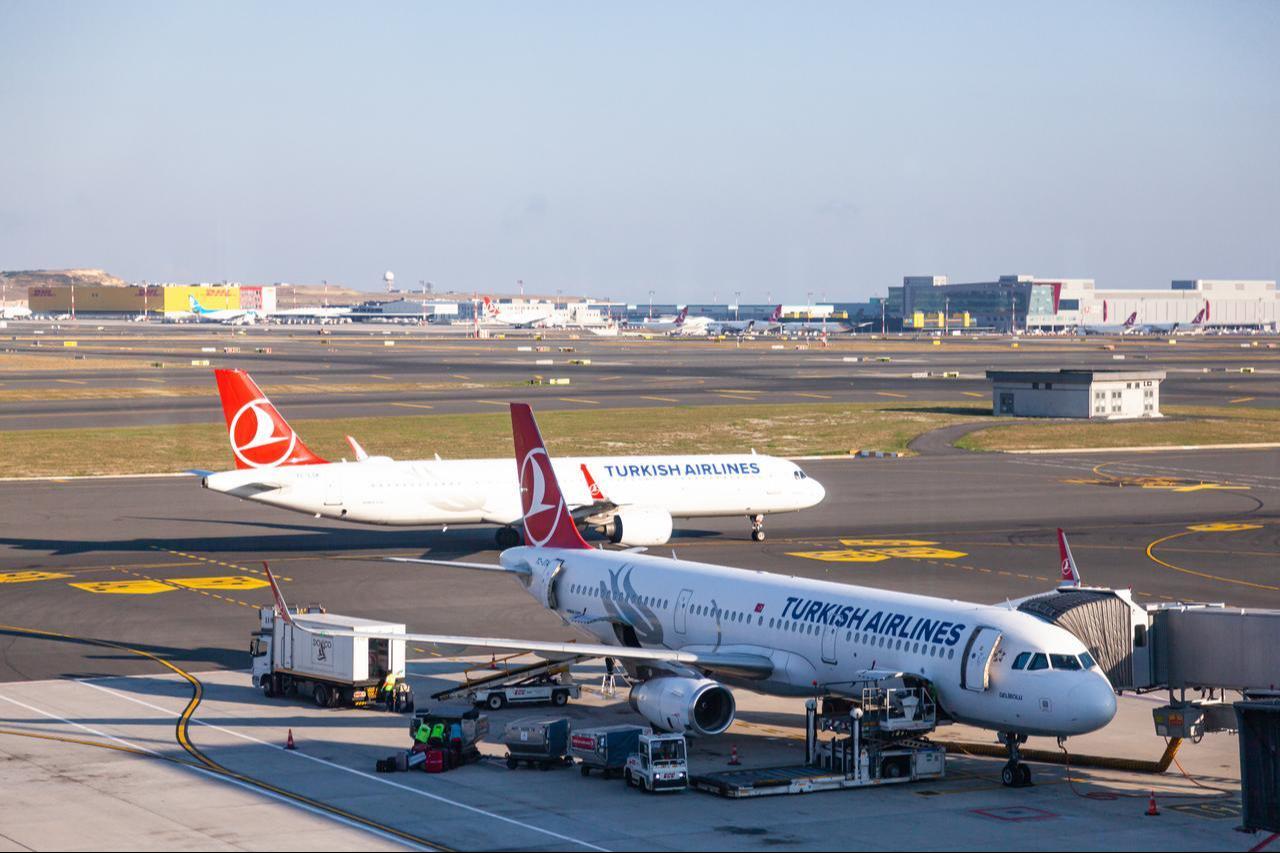
Turkish satellite operator Turksat will begin its 7A satellite project in the first quarter of 2026, with the company currently collecting proposals from potential manufacturers to replace its aging Turksat 3A satellite by 2029, CEO Ahmet Hamdi Atalay announced at Teknofest on Sunday.
"We plan to collect proposals from potential domestic and foreign manufacturers by the end of this year for the Turksat 7A project," Atalay told state-run Anadolu Agency (AA) at the aviation, space and technology festival in Istanbul.
"By year-end, the model, content and price will become clear, and we aim to launch the 7A project in the first quarter of next year," he said.

The Turksat 7A satellite is designed to replace the Turksat 3A, which is nearing the end of its operational life.
The company aims to launch the new satellite in 2029 to take over 3A's functions.
"Turksat 7A will perform this duty," Atalay said, noting that work on the project is proceeding according to plan.
Turksat has signed an agreement with AJet Airlines to provide satellite internet services on flights, with service expected to begin in the first quarter of 2026.
"Within the framework of the agreement, we will be providing this service to AJet with a clear plan and program. Testing and other software work is currently ongoing," Atalay said.
The company is also in negotiations with Turkish Airlines (THY) to provide internet service on its global fleet. THY has tasked Turksat and its subsidiary TCI Aircraft Interiors with developing the service.
While AJet's coverage needs to focus on Europe and countries near Türkiye, THY's global reach presents a greater challenge requiring international partnerships.
"THY, our source of pride that flies to the most destinations in the world, won't be like that. This service needs to be provided to every point THY flies to. Therefore, we are working to create an infrastructure that will provide global coverage," Atalay explained.
He added that Turksat has been meeting with satellite companies worldwide to develop solutions for THY's fleet of 300 aircraft, which could expand to 500-600 planes.
"This is a major project for THY. Everyone is interested. But the solution in this field is very new; no one has a fully established solution that has been experienced for years. It's a new beginning, and we want to take our place at this beginning," Atalay said.

Turksat is developing a high-capacity data center in Ankara's Golbasi district designed to support artificial intelligence applications and store critical government data.
"We have completed all work for a high-security data center that will support qualified artificial intelligence and contain traditional servers," Atalay said.
The company plans to tender the project soon and begin production within 18 months.
The facility will address the long-discussed need for a government data center to store critical public data and conduct essential operations.